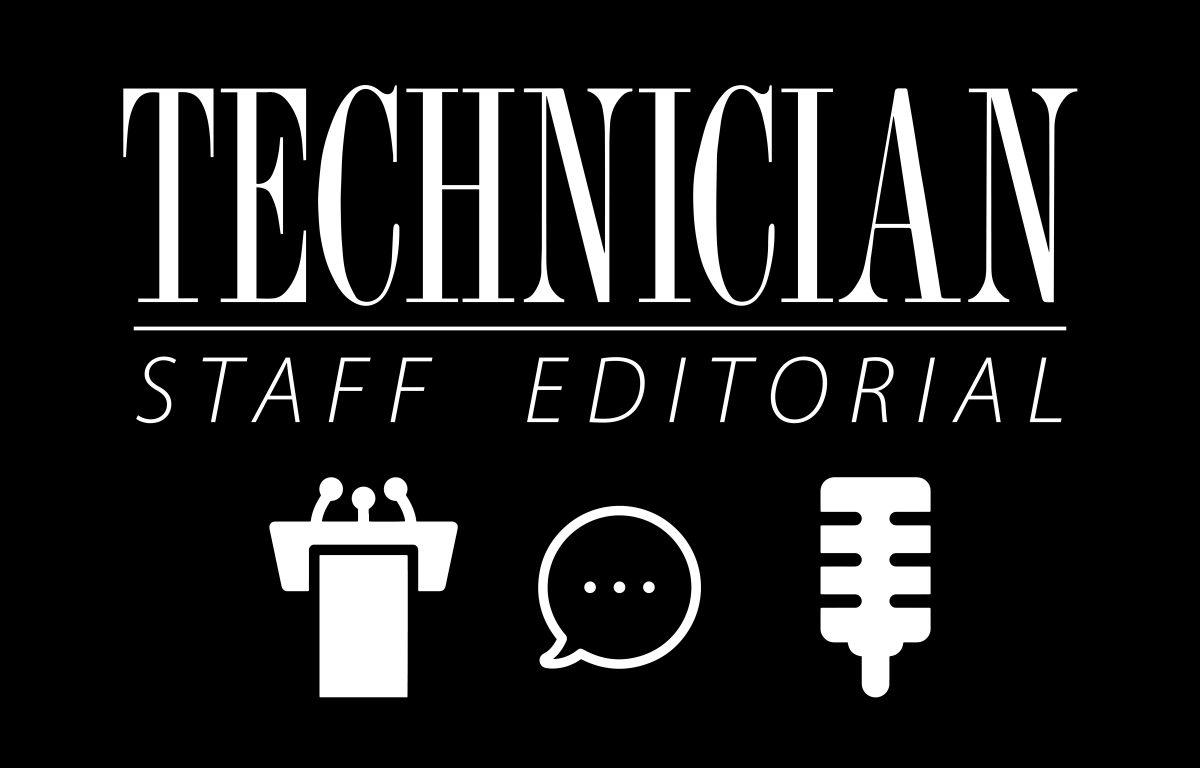N.C. State recently received a $60.75 million grant and has formed a partnership that is expected to bring at least 100 new jobs to the Triangle area over the next five years. Normally, this would be good news—if it weren’t for the fact that our partner, in this case, is the National Security Agency.
The NSA’s investment, which is three times larger than any previous grant according to an article published in the News & Observer, yielded a self-congratulatory press release from the University. But the partnership, which Chancellor Randy Woodson called “a big deal,” has not been entirely well-received by students and others affiliated with N.C. State. After all, since leaks about the NSA came to light this June, it is now known as an organization that collects phone and Internet data about people both within and outside the United States. Even with all the recent publicity, we don’t know how deep that surveillance goes—and given the NSA’s mission, we may never know.
The staff of the Technician believes that at least some of the wariness about the N.C. State/NSA partnership is warranted. Consider some of the rhetoric we’re hearing in connection with the partnership:
“I think it’s important to understand that we’re a public university, so we’re not in the business of operational intelligence, which is one part of what the NSA does, but that’s not what N.C. State will be involved in or what will go on at Centennial Campus,” Woodson said.
In contrast, the NSA’s Director of Research, Dr. Michael Wertheimer, explained in the agency’s press release that it “hope[s] to discover new and powerful ways to meet [its] foreign signals intelligence and information assurance missions” which will “[give it] an edge to better protect the nation.”
Those two statements may appear contradictory, but if one looks at them through a doublespeak-filter, everything is perfectly consistent.
While it may be true that actual surveillance will not take place at the Laboratory for Analytic Sciences on Centennial Campus-—and we have no reason to doubt the administration’s statements on that front—is this a substantive distinction or just a semantic one?
We cannot pretend there is no connection between the development of intelligence-gathering techniques and intelligence gathering itself. Nothing the NSA does is unrelated to intelligence. In that sense, everything the NSA does is applied science. So, sure, we ourselves won’t be involved in operational intelligence, as Chancellor Woodson said, but we will be enabling it.
That much is clear from reading between the lines of what these authorities say and connecting the dots, but the reading could go one level deeper, and therein lies the root of our strongest reservations: If the Chancellor and other officials aren’t being open about our operations being related to some intelligence work—even if they don’t say what the work itself is—there probably is something genuinely “spooky” about it.
That’s what recent revelations have told us, at least, and the rhetoric of Woodson and Wertheimer only affirms this. That is why we at the Technician have strong misgivings about such an organization being associated with the University, regardless of the possible benefits the presence of the NSA may bring us.



